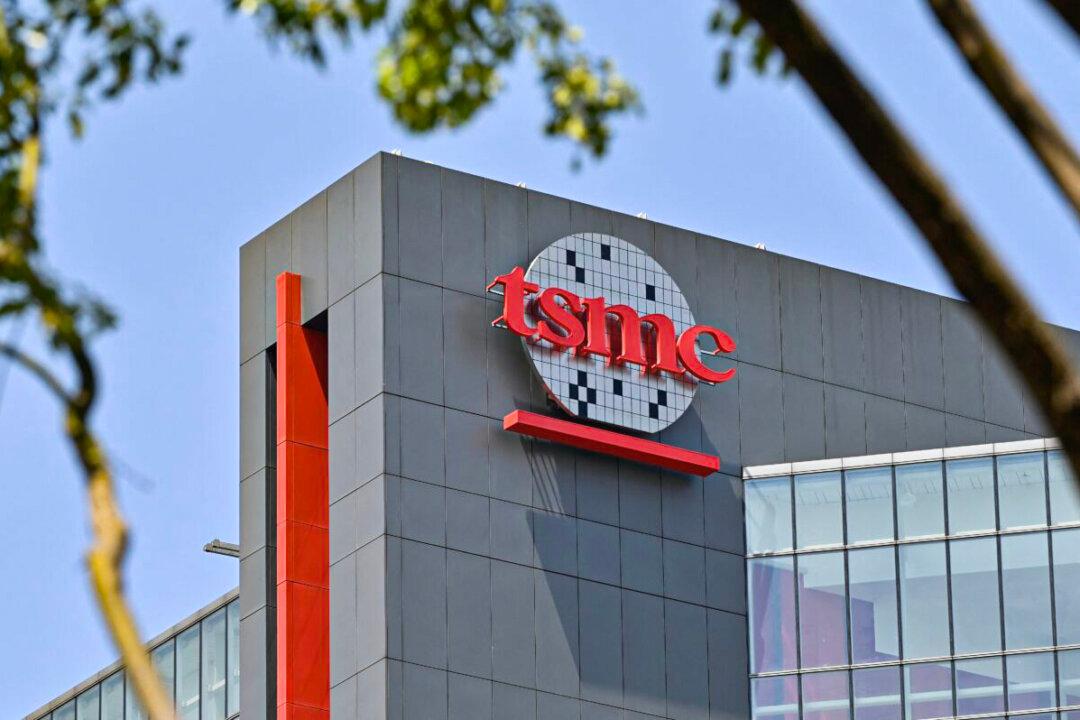News Analysis
A Taiwanese chipmaking giant is doubling down on a sprawling factory it’s building north of Phoenix, adding to a wave of Asian investment that is boosting employment in the resurgent U.S. manufacturing sector.

A Taiwanese chipmaking giant is doubling down on a sprawling factory it’s building north of Phoenix, adding to a wave of Asian investment that is boosting employment in the resurgent U.S. manufacturing sector.